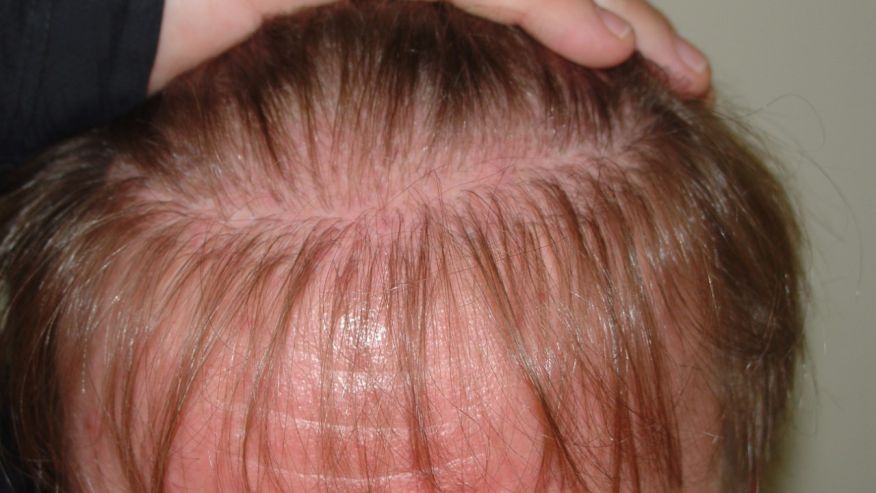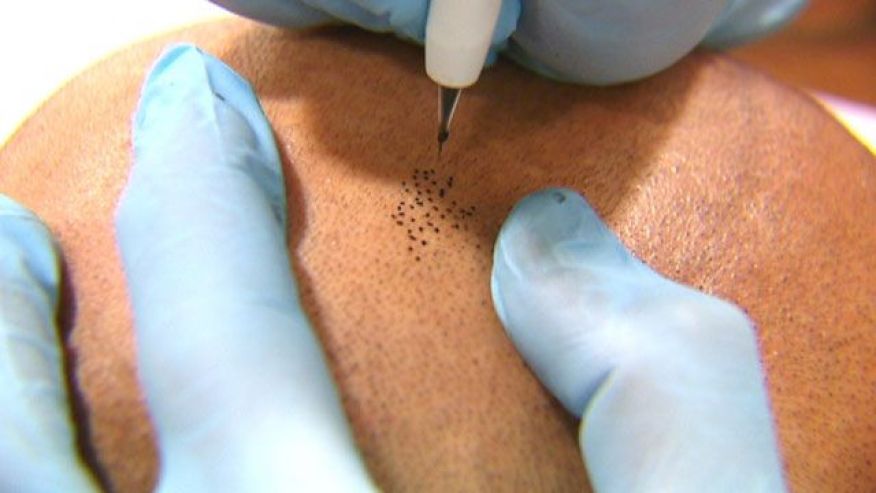
“Is vitamin D the key to treating IBS? 82% of sufferers ‘are deficient’,” the Mail Online reports.
Irritable bowel syndrome (IBS) is a common, yet poorly understood, digestive condition that can cause diarrhoea, constipation, or a combination of the two, as well as abdominal pain and bloating.
A small pilot study recruited around 50 people with IBS, who were given blood tests to assess their vitamin D levels. It was found that around 78% of people with IBS did not have enough vitamin D in their bodies.
They then randomised the participants to receive either a pair of two placebo drugs (known as a dummy), a vitamin D supplement and placebo probiotic (that is, they were told they were being given a probiotic, but this wasn’t the case), or a vitamin D supplement and actual probiotic.
They found that supplementation increased vitamin D levels, as you would expect, but there was no significant impact on IBS symptoms.
It could be that the study was “underpowered” – that there were not enough participants and the study did not last long enough – so the results were not actually representative of what happened.
However, the findings of this study have provided grounds for further research.
Vitamin D and the sun
Vitamin D is essential for healthy bones, and we get most of our vitamin D from exposure to sunlight.
Evidence suggests that about 10 to 15 minutes exposure a day is enough for most lighter-skinned people – and is less than the time it takes you to start going red or burn. People with darker skin will need to spend longer in the sun to produce the same amount of vitamin D.
Sunbeds are not a recommended source of vitamin D.
Where did the story come from?
The study was carried out by researchers from the University of Sheffield and Cultech Ltd, which manufactures the supplements and probiotics used in the study, and also provided funding. Two of the researchers are employees of Cultech Ltd. This potential conflict of interest was declared in the study.
The study was published in the peer-reviewed BMJ Open Gastroenterology, which is anopen-access journal, so the study can be accessed online.
This story has been reported accurately by the Mail Online, with the key findings of the trial and quotes from the researchers included in their reporting. However, it is too soon to say that the data provides a new way to manage the condition, as no significant improvement in symptoms was witnessed.
What kind of research was this?
This was a double-blind randomised controlled trial that aimed to assess whether vitamin D would benefit people with IBS.
A randomised controlled trial is the best design for proving that the effect seen is due to the intervention; however, as this study is a pilot, the sample size will not be large enough to pick up whether findings are significant (underpowered).
One of the aims of a pilot study is to provide data to support a power calculation to aid in the design of a full trial. A power calculation is a calculation of the minimum required sample size required to provide astatistically significant result.
What did the research involve?
The researchers recruited participants for the study through a poster campaign at the University of Sheffield. All participants had a previous clinical diagnosis of IBS.
Participants were excluded if any of the following applied:
- antibiotic use in the four weeks prior to recruitment
- recent changes in IBS medication
- pregnancy
- current use of vitamins or probiotic supplements
- history of gastrointestinal surgery
- diabetes
- current use of antidepressants or antipsychotics
On the first visit, participants provided a blood sample to assess vitamin D status by measurement of 25OHD. An IBS symptom questionnaire was also completed, which assessed the following:
- abdominal pain
- bloating
- bowel habits
- quality of life
A self-reported food frequency questionnaire was filled out during this visit to work out dietary intake.
Participants were randomly assigned to receive either a placebo, vitamin D supplementation and probiotic placebo, or probiotic and vitamin D supplementation.
Two weeks later, participants were given their assigned supplement to take for the next 12 weeks and the IBS symptom questionnaire to complete every two weeks.
The final visit included a final blood test to determine vitamin D level.
What were the basic results?
A total of 51 participants were included in the study and randomised to receive either vitamin D placebo and probiotic placebo (18), vitamin D and probiotic placebo (17) or probiotic and vitamin D (16).
At the start of the study, most people (78%) were considered vitamin D deficient from their blood samples, with a similar proportion in each of the groups. Vitamin D deficiency was also high across different IBS symptoms: 81.8% of those with IBS with constipation, 70% of IBS with diarrhoea and 81.6% of IBS with mixed bowel habits. Baseline symptoms were measured in terms of symptom severity, pain severity, pain frequency, distention severity, bowel satisfaction and affected quality of life. The only significant difference between those deficient in vitamin D and those who were not was for affected quality of life; all other symptoms were similar.
After 12 weeks of supplementation, the proportion of participants with sufficient levels of vitamin D improved in all groups. The group receiving vitamin D and the probiotic improved from 25% to 87.5% and those who received vitamin D alone improved from 22.2% to 92.3%. Interestingly, an improvement was also observed in the placebo group, with an increase from 18.5% to 60%.
An improvement in symptom scores was seen in all groups, including placebo; however, this was not statistically significant for any of the symptoms tested.
How did the researchers interpret the results?
The researchers concluded that: “The IBS population exhibits significant levels of vitamin D insufficiency and would benefit from screening and possible supplementation. The impact of IBS on quality of life may be reduced by vitamin D level.”
Conclusion
This was a pilot, double-blind randomised controlled trial that aimed to assess whether vitamin D supplementation would benefit people with IBS and also provide data to guide future studies.
As expected, supplementation with vitamin D decreased the number of participants who were deficient, but did not provide a significantly better outcome for any of the symptoms of IBS.
This was a well-designed trial that used computer-generated methods to create the sequence to assign participants to study groups. They also took steps to ensure that the allocated group was not revealed to any members of the research team until all data had been collected and locked down.
However, only a short-term analysis was performed and a longer period may have been required to see the full effect. As mentioned before, this was a pilot study and is therefore underpowered to provide significant findings. There may also have been seasonal variations that could have altered results. Participants were recruited following a poster campaign at a university and this would only have assessed a select group of people, and may have excluded people with very severe IBS. In addition, the conflict of interest involved with having study researchers from the company providing the supplements may have introduced bias to the reporting.
IBS is a common and long-term condition where the exact cause is not known, so any further research is welcome. The findings of this study have provided grounds or further research in a larger, more generalisable population.
Some other ways to treat IBS are to identify and avoid foods or drinks that trigger your symptoms, alter the amount of fibre in your diet, take regular exercise and reduce stress levels.
[Source:- NHS]

















